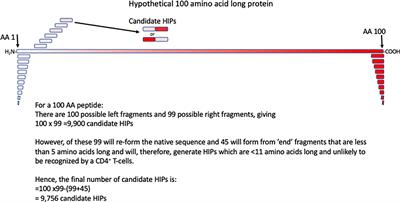EDITORIAL
Published on 18 Feb 2022
Editorial: Autoimmune Diabetes: Molecular Mechanisms and Neoantigens
doi 10.3389/fimmu.2022.864517
- 1,438 views
23k
Total downloads
72k
Total views and downloads
You will be redirected to our submission process.
EDITORIAL
Published on 18 Feb 2022
ORIGINAL RESEARCH
Published on 17 Jan 2022

ORIGINAL RESEARCH
Published on 04 Nov 2021

PERSPECTIVE
Published on 05 Aug 2021

ORIGINAL RESEARCH
Published on 25 Jun 2021

MINI REVIEW
Published on 16 Jun 2021

REVIEW
Published on 09 Jun 2021

REVIEW
Published on 01 Jun 2021

ORIGINAL RESEARCH
Published on 25 May 2021

MINI REVIEW
Published on 30 Apr 2021

PERSPECTIVE
Published on 19 Apr 2021

REVIEW
Published on 16 Apr 2021

